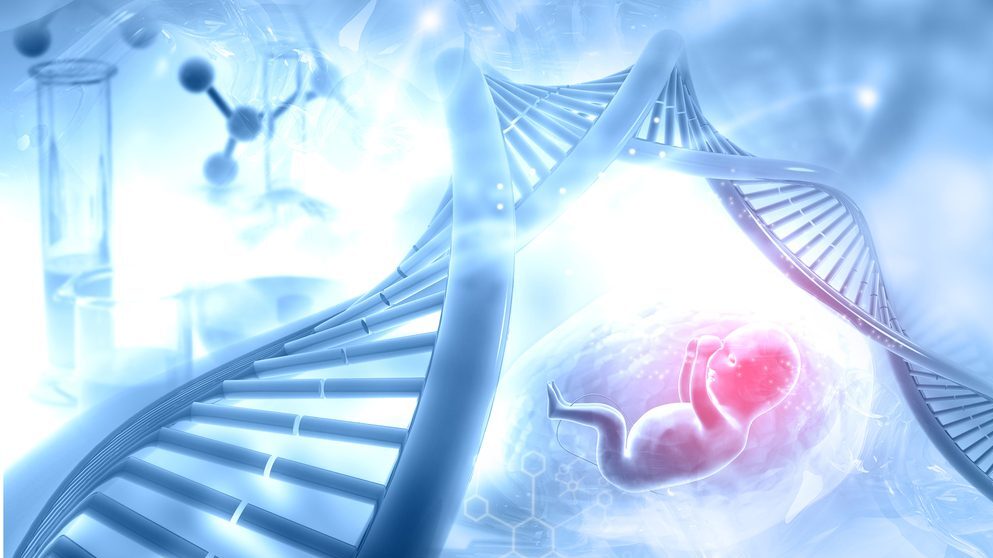
The European Parliament today cemented a common EU framework to allow the sale of human embryos and other bioproducts. MEPs overcame ethical and regulatory concerns to approve new rules on the management of substances of human origin (SoHO) at a plenary session September 12th, in Strasbourg. The measure passed with 483 votes to 52, with 89 abstentions.
Heralded as a regulatory building block for a broader “European Health Union,” the SoHO report voted on in Parliament clarified the EU’s primacy over the control and use of products, such as blood plasma and embryos. It also established guardrails to ensure donors remained largely unpaid and entirely voluntary.
Breaking: @Europarl_EN just voted in favour of the #SoHo 🩸report, including:
— Tilly Metz MEP (@MetzTilly) September 12, 2023
➡️voluntary unpaid donations
➡️financially neutral compensations
➡️strengthened continuity of supply of SoHOs
➡️non-discrimination of donors & recipients
➡️better coordination between EU member states pic.twitter.com/6lhyWsYeny
The report was authored by French centrist MEP Nathalie Colin-Oesterlé, with some modifications at the committee stage. It has come under harsh opposition from bioethicists and Catholic bishops who warned that the new regulations would cheapen the value of human life by commercialising the sale of embryos.
The adoption of the SoHO report was backed by left-wing and centrist MEPs—crucially, from the EPP—as one Green policy advisor congratulated the European Parliament on social media for acknowledging that a foetus was not offspring.
Amendments by the right-wing ID and ECR groups to prevent the use of human foetuses for financial gain were voted down during the day’s proceedings.
While defenders of the report described it as essential for enabling security of supply and harmonising regulations across the bloc, others lamented that the adoption of the report represents an ethical Pandora’s box and a circumvention of the right of member states to legislate on the matter.
Speaking to The European Conservative after today’s vote, Laetitia Pouliquen with the Brussels-based think tank NBIC Ethics, chastised the EPP for reneging on its core principles. She warned against the creation of a new “highest-bidder body and fertility market” across Europe in the aftermath of today’s decision.
Pouliquen also pointed out that this new EU diktat could contradict national legislation, such as in Germany where the creation of embryos is illegal and that the EU’s commitment to the free flow of goods was being abused by those pushing for the legislation.
A spokesperson for the European Commission defended the new SoHO rules and specifically addressed Pouliquen’s criticism by arguing that the report enabled “cross-border circulation of these critical health therapies” and allowed member states enough regulatory space to tailor their domestic legislation to their national circumstances.
The report will now proceed to the European Council for approval before MEPs make their final insertions, likely in early 2024.
